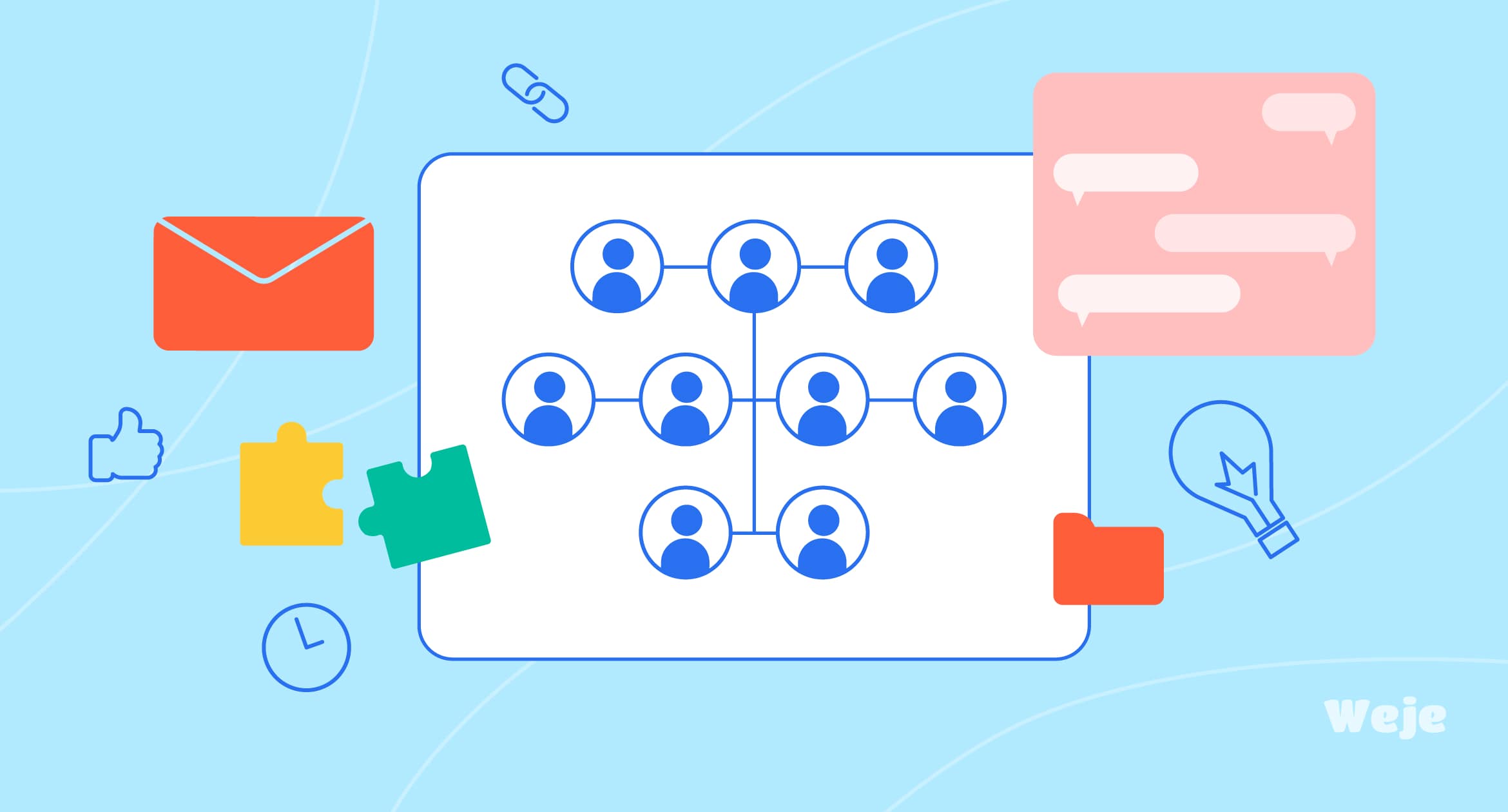What is teamwork?
Teamwork is not just a group of people doing something. It’s the ability to work with others and to help others attain their full potential and achieve the shared goals. As well, teamwork is one of the most desirable skills an employer can seek in its employees. The main reason why teamwork is so important in the workplace is that it builds trust among co-workers. This is true for a variety of reasons. Good teamwork increases productivity and makes your employees happier. It helps foster a sense of community within the workplace and it creates more opportunities for training and advancement. In today’s fast-paced work environments, daily standup tools are essential for enhancing teamwork. These tools facilitate quick and efficient communication among team members, ensuring everyone stays aligned and focused on shared goals.Advantages of teamwork
The benefits of teamwork are countless. When people belonging to different work areas and different experiences join heads together to perform a task, it brings significant advantages regardless of the field, be it database managed services or software development, the benefits of thsi approach are obvious. One key advantage of teamwork in software development is the ability to efficiently hire Android app developers who can collaborate to create innovative and high-quality applications. So, let’s discuss some benefits of teamwork.Improved efficiency
Simply imagine a carpenter working on a cupboard and another cupboard where there are 5 on duty. Which one will finish first? It’s obvious, the latter one. Teamwork improves the quality of the efforts, which increases the efficiency of work being done. Teamwork creates a friendly and productive environment by motivating unity among the employees of a company. This leads to improved individual and team performance as the team members cooperate and support each other.Stress reduction
Teamwork reduces stress in a number of ways. When you work alone, it puts you under pressure, and you can make mistakes due to nervousness or deadlines that are challenging for you to meet. With teamwork, you share responsibilities, and each person gets to do what he/she is best at. Also, if one member makes mistakes or experiences low productivity sometimes, teamwork can make up for it, and work does not get stopped. Quick resolution of issues is another stress-reducing teamwork benefit. As Lina Lugova, CMO at Epom, notes, “Teamwork not only lightens the workload but also fosters a supportive environment where shared expertise and collective problem-solving significantly reduce individual stress levels.Better ideas & improved problem solving
Working as a group can make things easier for a venture as there are multiple brains to calculate the solution to a problem. An individual, no matter how high caliber they hold, can offer you a very limited set of solutions, but in the case of multiple, you get the best possible and optimum solution in less time. Effective employee management Is essential for fostering a collaborative environment where teamwork flourishes. In simple words, teamwork enhances the chance of smart decisions to be made. Teamwork encourages flexibility and brings different minds together, which provides more and better ideas.
Boosts morale and motivation
Each group member has something unique to offer, and when you do so, it makes you feel valued and important. When you contribute towards the betterment of something, it improves your morale and motivates you to perform better as an individual and a team member. Utilizing a modern employee benefits platform is a powerful way to connect team members to the health and retirement perks they value, further driving engagement. Company retreats provide an excellent opportunity for team members to connect and collaborate in a setting that encourages creativity and bonding. To ensure these events are successful, a team retreat planner can help design activities and schedules that enhance teamwork and morale. This is one of the top benefits of teamwork because enhanced morale and motivation are two factors that make a group of people a team. This is one of the top benefits of teamwork because enhanced morale and motivation are two factors that make a group of people a team.Disadvantages Of Teamwork
Just like we have advantages, there are also some disadvantages to teamwork. Sometimes developing a team can create complications, which can cause problems and can affect efficiency if not appropriately handled.Unequal participation
Some teams have members we like to call free riders who sit back and let the others do all the work. Employers often ignore this factor as they concentrate on the results more, but this can lead to resentment and lower team morale. There can also decrease the efficiency of the whole team.Personality issues
Personality clashes can develop even in a very well-balanced team (skill-wise) overtime. This can happen due to communication issues, different work approaches, or simply because team members are competing with each other in an unhealthy manner. Such internal problems can lead a well-equipped group to experience decreased efficiency, damaged morale, weakened communication, and factionalism in some cases.Organizational Challenges
Sometimes it becomes challenging to manage a team no matter how well-equipped the individuals are. This happens especially when the team is large or when you are working with a new group. Such issues can cause delays as one or some members may need more training or time to do their part while some are ready to move to the next phase.Responsibility
This is one of the most seen problems with teams. If something goes wrong, individuals in a group can blame one another. It is effortless to determine the responsible party when one person is assigned to do a task, but it becomes challenging with a team, which can also lead to resentment and delayed work.Final Words
So, now you know all about teamwork meaning, its benefits, and disadvantages. Sure there can be different issues with teamwork, but this happens with an individual as well. However, once put on the right path under the right leadership, teamwork can produce results that an individual effort cannot. To be a useful part of a team, your adaptability should be like a fluid, retaining the shape of whatever container you are put in.Published: February 9, 2021




